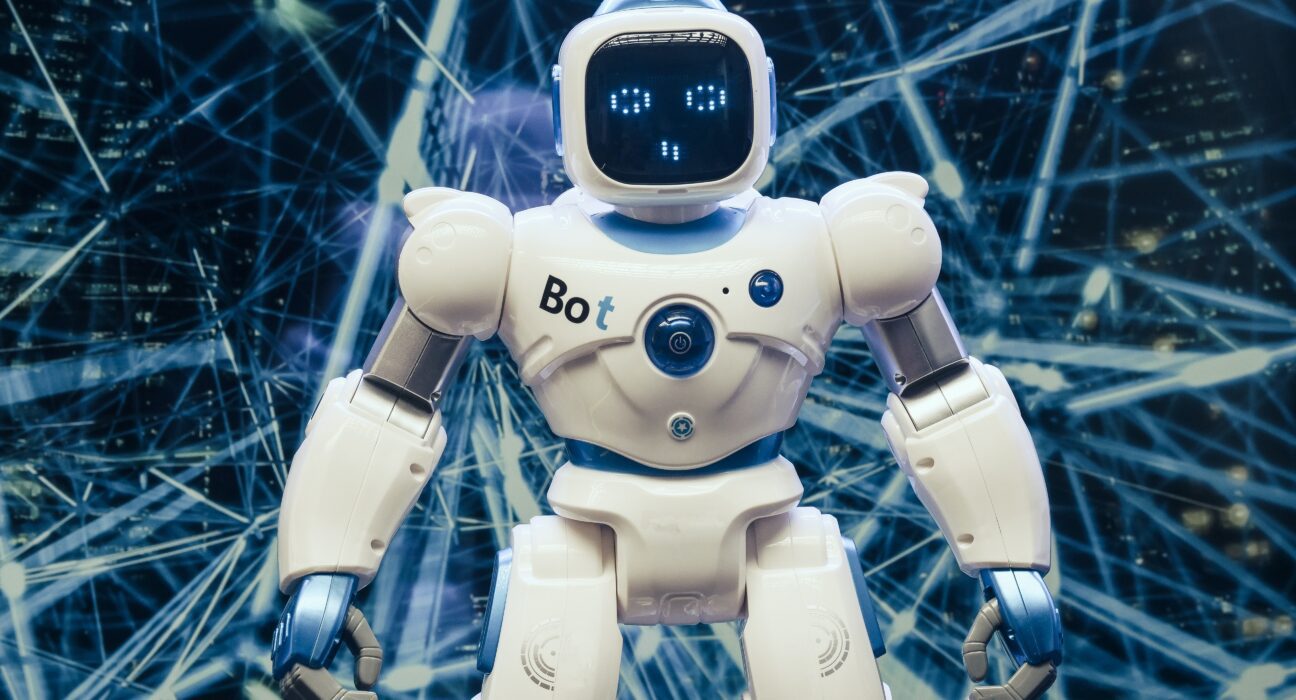Artificial Intelligence (AI) has been increasing in prominence and visibility, but there are some risks involved with this technology that people need to know about before AI becomes commonplace in the public landscape. Is AI dangerous? Should we be worried about Artificial Intelligence taking over the world? These are the types of questions you’ll be able to answer after reading this article on how Artificial Intelligence will change the way we live, and possibly threaten our very existence as human beings.
What is artificial intelligence?
Rather than describing it using words, it’s easier to show you what AI looks like in practice. DeepMind, Google’s arm of AI research, recently came up with an algorithm that taught itself to play old Atari games—without any human input . Instead of being specifically programmed to do so, it used trial and error (along with a bit of nudging from researchers) to determine what made each game tick. At one point during its training process, when researchers decided to remove most of its high-level abilities (like perception and memory), it used what little remained as a springboard for discovery. It essentially had to ask itself: What do I have access to here? How can I make that useful?
Why should we be worried about AI?
We’re not necessarily headed for a Mad-Max-style postapocalyptic future, but some AI experts are worried about what may happen if AI gets out of control. Stephen Hawking says that the development of full artificial intelligence could spell the end of humanity. We should probably start worrying about how close we are to fully autonomous AI. At least one expert, though, is far less concerned—Elon Musk has said that he thinks developing AI won’t turn out to be as dangerous as people think it will be.
Can AI take over our lives?
For some people, AI conjures up dystopian images of a robot rebellion against humanity. But in reality, we’re not even close to that point yet. Artificial intelligence is slowly seeping into our lives and making them more efficient and productive, but it will be a long time before AIs can take over our jobs. That said, there are many situations in which humans shouldn’t trust AIs with so much responsibility; for example, we shouldn’t let autonomous vehicles drive us through a busy intersection or allow an AI-powered chatbot to field questions about serious health issues like cancer treatment options.
How can we use AI for good?
AI has always been part of science fiction and it’s often portrayed in pop culture as a technology that’s going to overtake us. However, what many people don’t realize is that AI can be used for good. Since AI systems can solve problems and make decisions much faster than humans, they can be programmed to create machines which do other things humans would rather not do. For example, our self-driving cars will likely save thousands of lives every year—something we couldn’t possibly achieve with human drivers alone. Overall, we should embrace AI as it has enormous potential for both good and evil; either way, humans will always have a role to play in its development.

Leave feedback about this